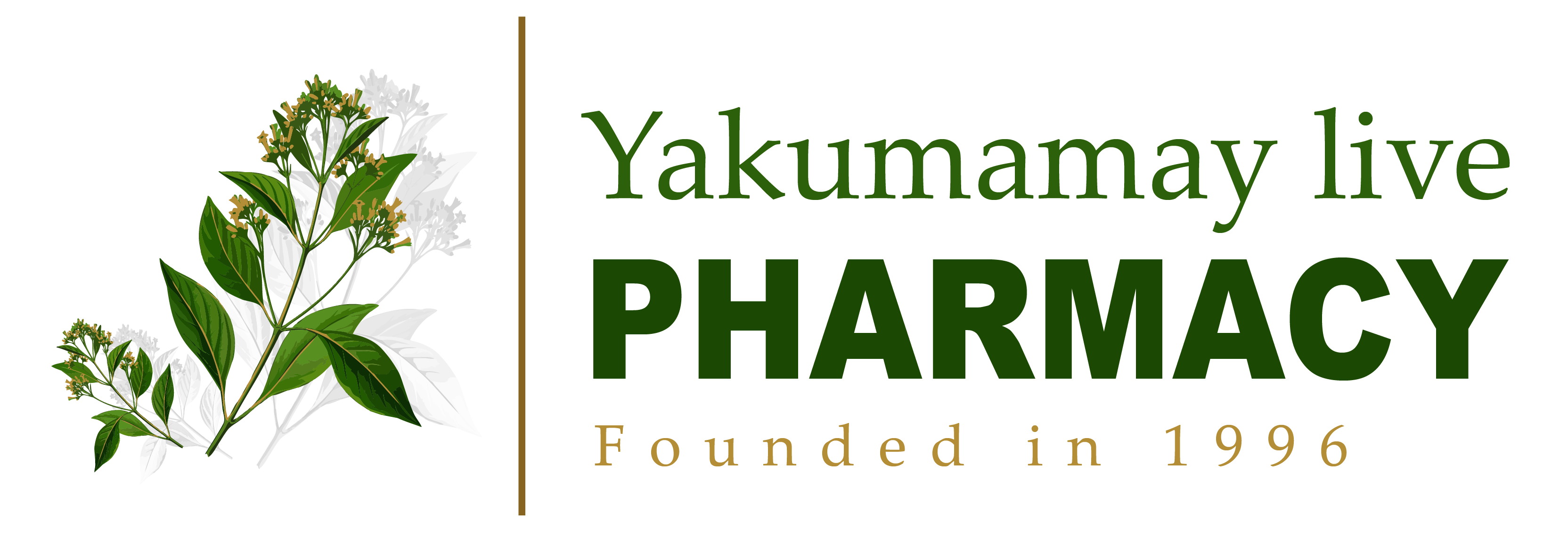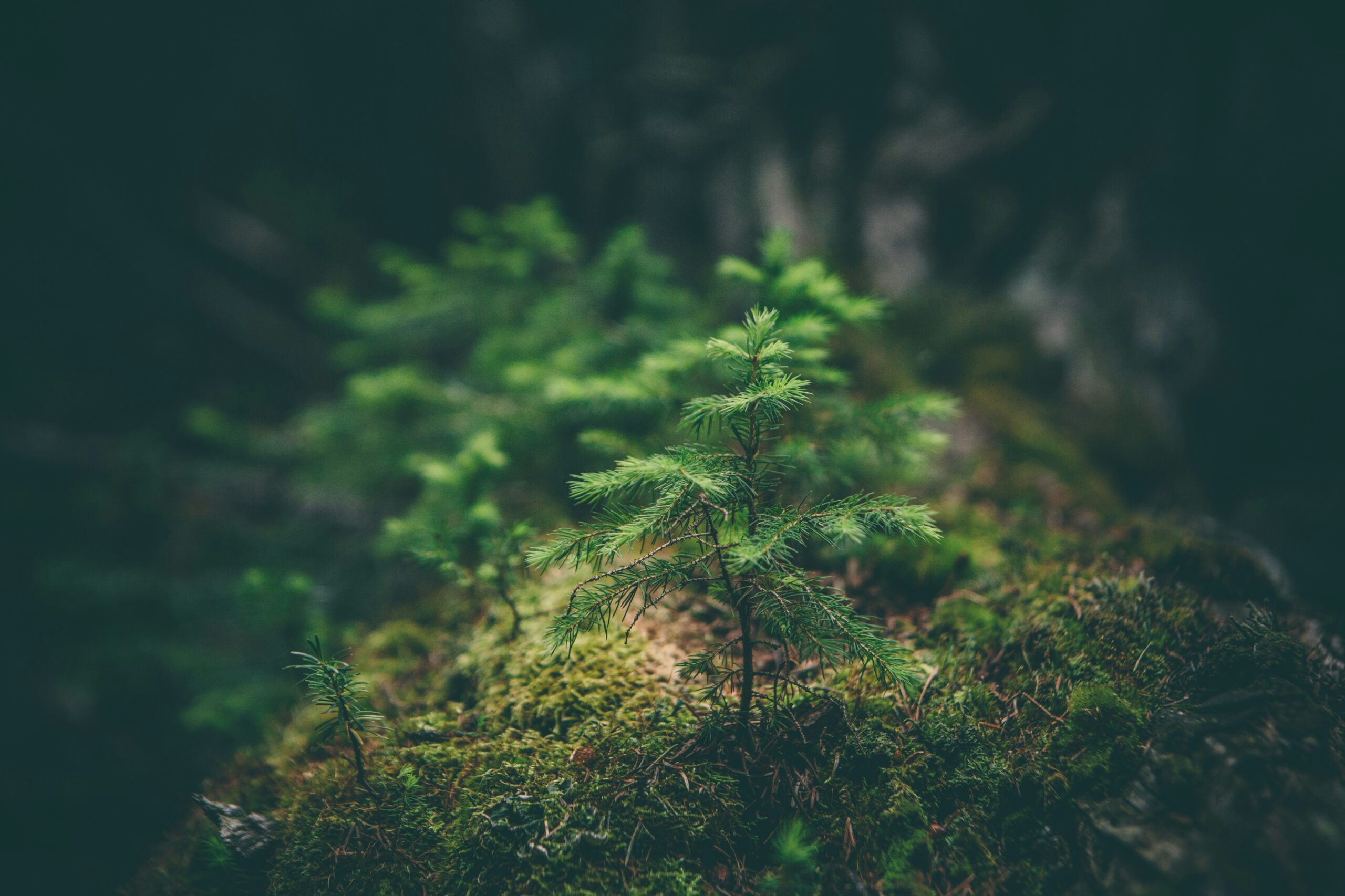Yakumamay live
FOUNDED IN 1996 --
SURVEYED IN 2004 ---EVOLVING 2004-24 ----
Yakumamay is an innovative Amazonian Live Pharmacy project with Kichwa people near the city of Iquitos, Peru.
Yakumamay was founded in 1996 to pioneer community-led conservation of forest resources and plant knowledge in the new settlements of Triunfo and Nuevo Triunfo along the Iquitos Nauta Road, then under construction (Km 47). Residents supported the creation of a Live Pharmacy by a local shaman-leader to secure their valued reliance on plant medicine. The project was set up in collaboration with an anthropologist from the University of Cambridge, UK. Between 1997 and 2014, Yakumamay grew from 360 hectares of colonisation plots to include paths extending into 12,000 hectares of State Forest. Still, in 2014, community-led conservation in the area became unsustainable due to pressure from land invaders and illegal loggers. The shaman’s garden was abandoned. Some Nuevo Triunfo residents relocated to resource-rich forest areas along the Nanay River, while others migrated to Iquitos suburbs.
This website documents the Yakumamay Live Pharmacy as surveyed by two Cambridge anthropologists, Dr Francoise Barbira Freedman and Professor Stephen Hugh-Jones, in 2004. It is a tribute to the extent and depth of knowledge of medicinal plants, their ecology, and reproduction among Kichwa migrants in mixed communities near Iquitos. It questions accepted understandings of the relationship between shamanism and ‘traditional’ plant medicine, Indigenous people, plant categories and conservation.
Since 2000, shamans’ lodges have increased along the Iquitos-Nauta Road, most of them with adjunct ‘medicinal gardens’ to display plants used in shamanic rituals. The Yakumamay Live Pharmacy is a distinctive ‘Shaman’s Garden’, as discussed in the article illustrated on this website (link to the paper by F. Barbira Freedman and S. Hugh-Jones here).
As a Live Pharmacy, Yakumamay is a crucial resource for neighbouring communities. It’s a place for people to obtain and learn about medicinal plants and how to use them safely and effectively. Plant and knowledge exchange across Indigenous healers’ networks has evolved this complex tradition since pre-colonial times. There is now an extensive body of pharmacological research that Indigenous plant users, external visitors and researchers can draw from online. This is reflected on this website.

